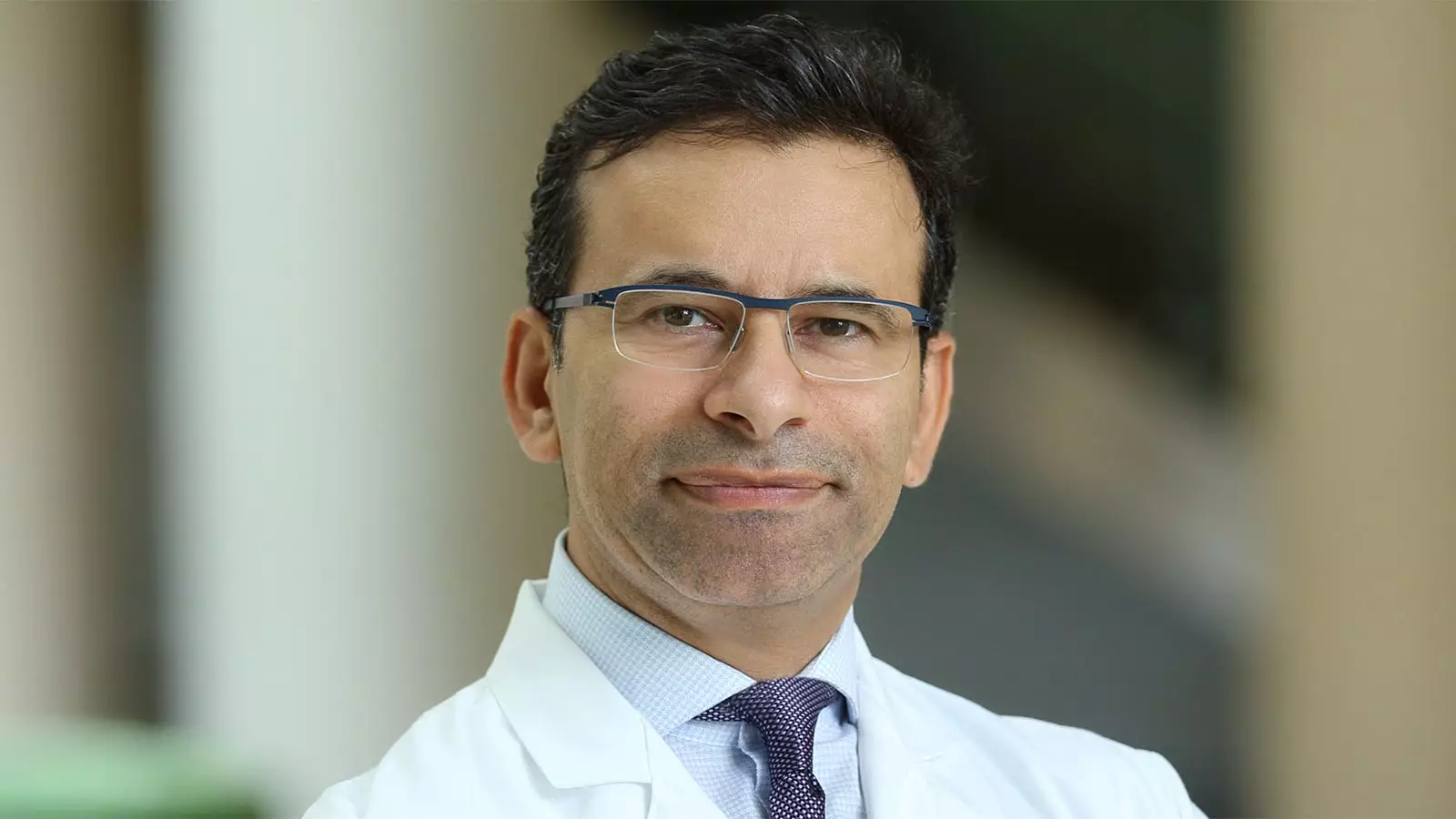The recent announcement of Dr. Marty Makary as the President-elect Donald Trump’s choice to head the Food and Drug Administration (FDA) signals a significant shift in the agency’s approach to public health regulation. With an extensive background in medicine and health policy, Makary’s appointment has ignited discussions about the future direction of the FDA, especially concerning its relationship with the American public and the pharmaceutical industry.
Makary, whose credentials include being a surgical oncologist at Johns Hopkins and former editor of MedPage Today, has long been an advocate for reform in healthcare. His selection comes at a time when the FDA’s credibility has been questioned following a series of controversies. Trump’s statement underscored a growing sentiment that the agency has not only lost public confidence but has strayed from its foundational role as a regulator focused on safeguarding public health.
The FDA’s primary responsibility includes ensuring the safety and efficacy of drugs and food products. However, critics argue that the agency has failed to pursue this mission effectively. Trump’s nomination of Makary reflects an intent to recalibrate the agency’s focus, emphasizing a rigorous evaluation of chemicals and practices that may compromise public health, particularly in the context of the food supply and pharmaceutical products targeting children.
Makary’s past writings, which challenge established medical practices and advocate for a more accountable healthcare system, suggest he may bring a decisive and potentially disruptive approach to the FDA. His emphasis on questioning entrenched norms within medicine raises the prospects for a transformative period at the agency, particularly in light of ongoing debates about healthcare costs and access.
Throughout the COVID-19 pandemic, Makary has drawn attention for expressing views that deviated from mainstream opinions. He positioned himself as a proponent of natural immunity and raised questions about vaccine mandates, stirring controversy within the healthcare community. His predictions about the timeline for herd immunity illustrated a boldness that has characterized his career thus far, often at the risk of dissenting from widely accepted medical consensus.
Additionally, Makary’s stance on the origins of the SARS-CoV-2 virus, advocating the lab leak theory as a plausible explanation, reinforces his reputation as a figure willing to tackle contentious issues directly. With such a history, many are left to wonder how these views will influence policies at the FDA and the extent to which he will prioritize scientific consensus over alternative narratives.
Another pivotal challenge that Makary will likely face is the entrenched relationship between the FDA and the pharmaceutical industry. The agency has often been criticized for its perceived close ties to drug manufacturers, which some argue can lead to biased evaluations and insufficient scrutiny of drug safety. Makary’s commitment to streamlining healthcare costs and tackling over-treatment could prove vital in reshaping these dynamics. His earlier advocacy for taxing profitable hospitals is indicative of a desire to hold the health sector accountable, and it remains to be seen how this will translate into regulatory practices at the FDA.
Importantly, former FDA Commissioner Robert Califf’s efforts to combat medical misinformation contrasted sharply with the narratives being proposed by Makary and other Trump appointees. Califf’s focus on enhancing food safety and inspection protocols could come under scrutiny as new leadership potentially shifts the agency’s priorities.
If confirmed, Makary’s leadership will oversee a hefty FDA budget of $7 billion, presenting opportunities for meaningful reforms. His collaboration with Robert F. Kennedy Jr., the incoming Secretary of Health and Human Services, adds another layer of complexity to the regulatory environment, with Kennedy’s recent statements promising significant changes against what he describes as a “corrupt system” within the FDA.
The implications of this nomination extend beyond individual policy changes to a broader reassessment of how public health is managed in America. From reevaluating therapeutic avenues to potentially controversial practices like the oversight of psychedelics and alternative treatments, Makary’s mandate could redefine health norms and challenge existing regulatory frameworks.
While the future of the FDA under Marty Makary remains uncertain, his appointment underscores an evolving dialogue regarding the intersection of healthcare, regulation, and public trust. The coming years will be critical as stakeholders navigate these changes and the greater implications they bear on public health in the United States.

Leave a Reply